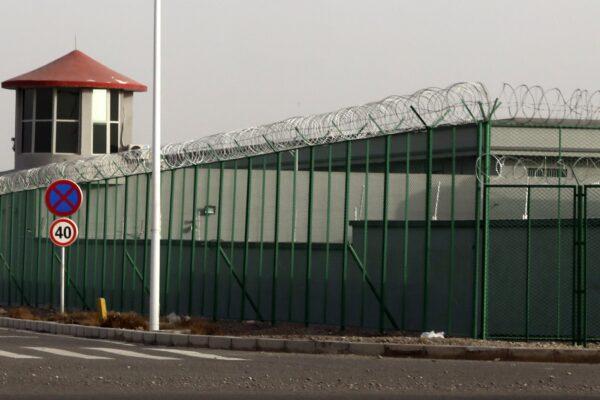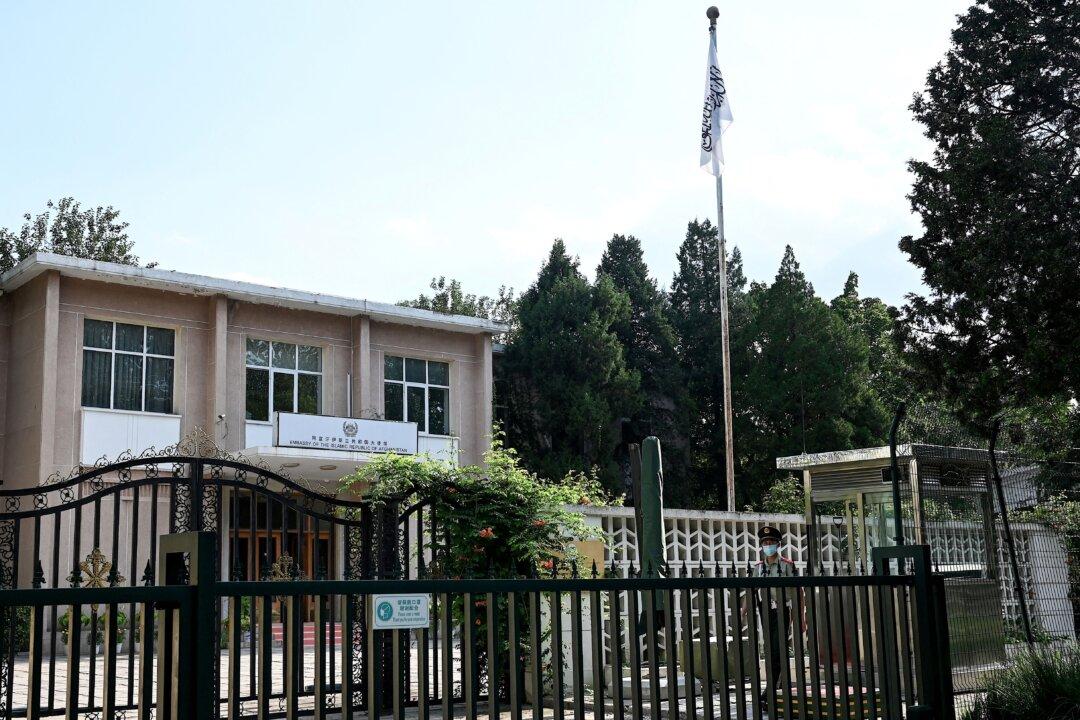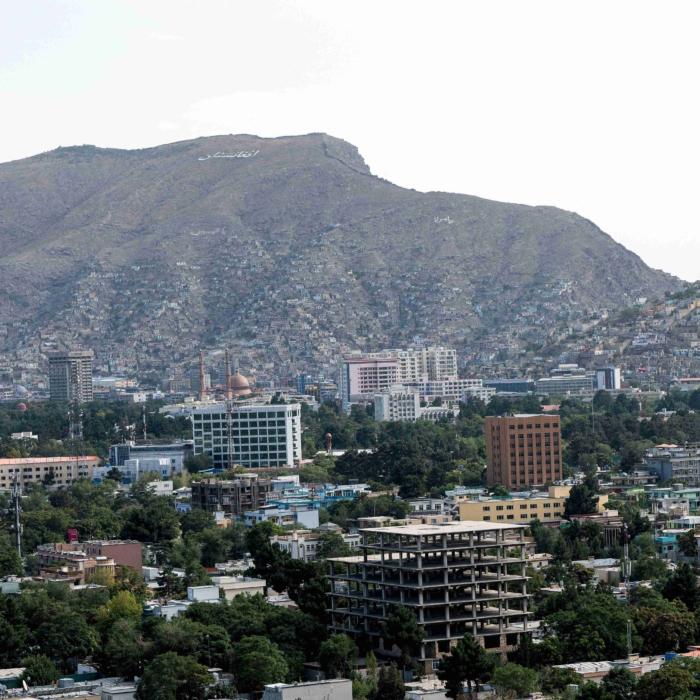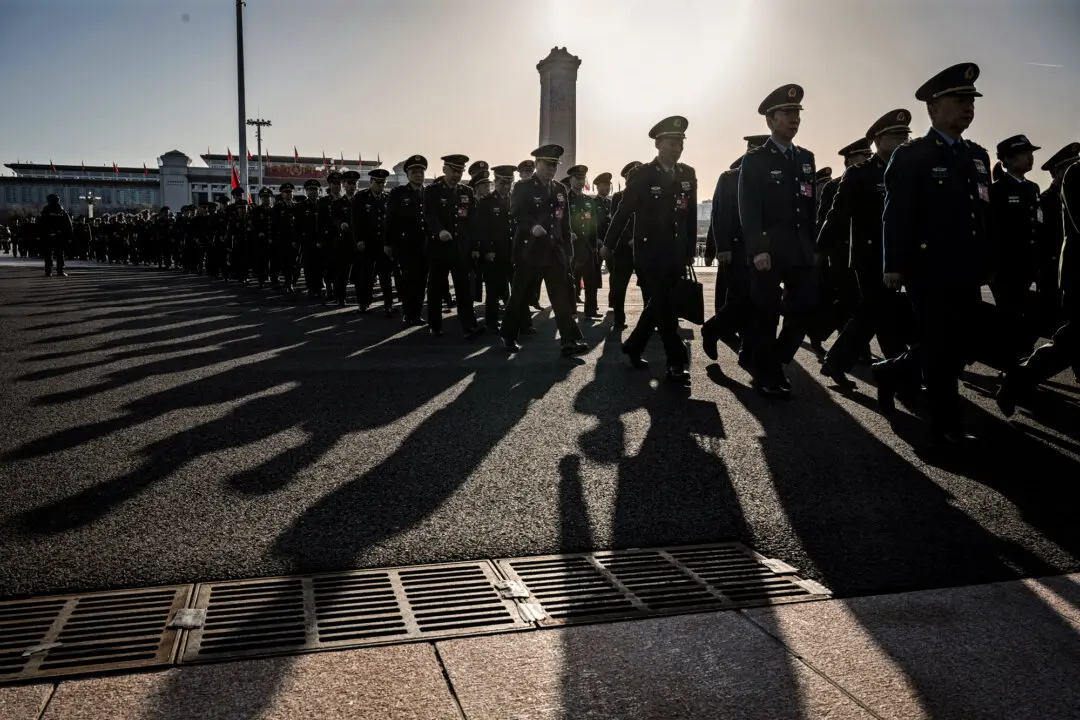The ISIS terrorist group has claimed responsibility for the death of a Chinese national in Afghanistan. Observers have said that the killing might be related to the Chinese communist regime’s support for Afghanistan’s Taliban government.
The Taliban regime’s police in Takhar Province, Afghanistan, stated on Jan. 22 that a Chinese citizen had been killed, although his local interpreter was not injured. Police are investigating the killing.
Later on the same day, ISIS Khorasan terrorist group (ISIS-K), an affiliated group in Afghanistan, claimed responsibility for the deadly shooting in Takhar province, which is on the border with Tajikistan. The terrorist group stated that they targeted the Chinese national and his vehicle.
Taliban officials said the Chinese national, who worked for a mining company in Afghanistan, was traveling at the time of the attack. Foreigners must notify local police before embarking on a road trip, but the Chinese mine worker failed to do so, according to Taliban authorities.
“China has lodged serious protests to Afghanistan right after the attack, and asked the country to conduct thorough investigations into the attack, and bring the perpetrators to justice,” Chinese Foreign Ministry spokesperson Mao Ning said at a regular press briefing on Jan. 23.
In December 2022, ISIS-K terrorists attacked a hotel in Kabul popular with Chinese investors. That attack killed three Afghans and injured 18, including five Chinese nationals.
The Taliban regained control of Afghanistan in August 2021, when the United States and its NATO allies withdrew their troops from the country.
China is the first country to appoint an ambassador to Afghanistan since the Taliban regained power. And while China has not formally recognized the Taliban government, it has received the credentials of the Taliban ambassador to Beijing, in what has been seen as tacit recognition.
Afghanistan is rich in natural resources, and the Chinese regime has signed major trade agreements with the Taliban relating to the development of Afghanistan’s infrastructure, mining, and oil sectors.
The conflict between ISIS-K and the Taliban has been ongoing for years, Chen Shih-min, associate professor of political science at National Taiwan University, told The Epoch Times on Jan. 24.
“The Chinese regime has been using its economic power to vigorously assist the Taliban regime to maintain its control over Afghanistan, which has caused resentment from its enemy [ISIS-K],” he said, noting that the relationship is important background to the continued attacks.
Another reason for ISIS-K’s attack on the Chinese is the Chinese regime’s genocide of Uyghur Muslims in Xinjiang, according to Chen.

“They feel that the Taliban regime, who are also Muslims, have obviously betrayed the Uyghurs in Xinjiang, which is near Afghanistan. They think for economic gain, Taliban is turning a blind eye on the Chinese regime’s genocide against the Uyghurs,” he said.
The conflict between ISIS-K and the Taliban results from different religious interpretations of Islam, according to Su Tzu-yun, researcher and director of Defense Strategy and Resources at Taiwan’s Institute for National Defense and Security Research.
The Chinese regime is the main investor in Taliban-controlled Afghanistan. Most Chinese in Afghanistan are management or workers at Chinese state-owned companies, Su said on Jan. 24.
“By attacking Chinese nationals, [ISIS-K] aims to weaken the relations between Taliban and the Chinese regime and to hinder the Taliban’s economic development, so that it can undermine Taliban’s rule,” he said.
Su predicts ISIS-K will continue to launch attacks on Chinese businesses and companies in Afghanistan.






